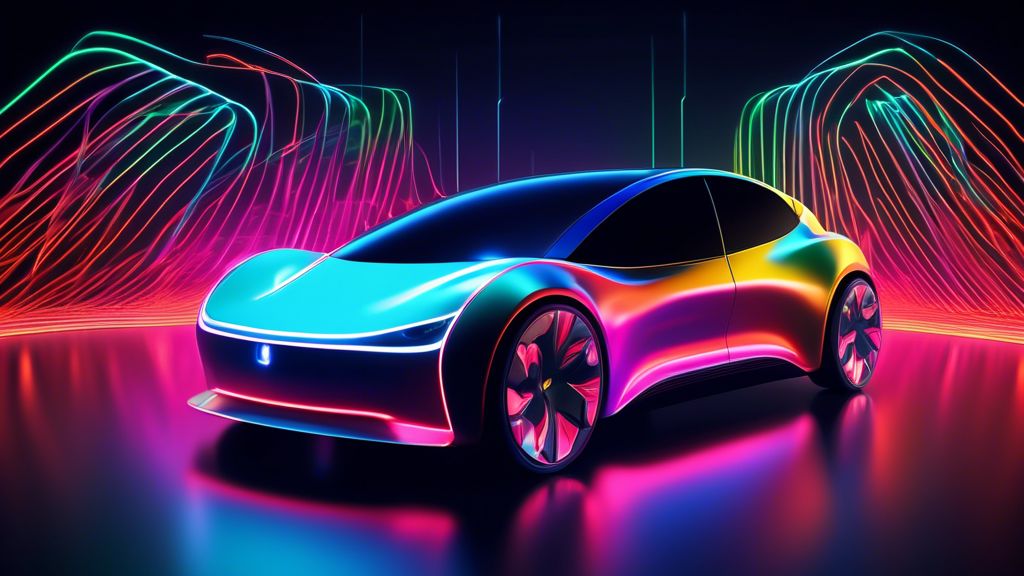
Why Full Electric Cars Need a 12V Battery
Have you ever wondered why full electric cars, the plug-in world champions, and modern engineering marvels still cling to what seems like a throwback to the age of internal combustion engines—the humble 12V battery? It’s like finding out Superman still needs to take commercial flights. But as odd as it might seem, there’s some cool logic and necessity behind this seemingly anachronistic choice.
The Unsung Hero: The 12V Battery’s Role
First off, let’s get down to brass tacks. The leading powerhouse in an electric vehicle (EV) is the large lithium-ion battery pack, which propels the car forward and makes all the zero-emissions magic happen. So why can’t this battery also run the car’s electrical systems? The truth is, it’s all about compatibility and safety.
The 12V battery in an electric car is like a reliable sidekick to the superhero lithium-ion battery. Its main job? To power the vehicle’s 12V electrical system. This includes all the bits you probably take for granted but would immediately miss if they weren’t there—the lights, the infotainment system, the car’s computer, and the system that wakes up the big battery pack itself.
Keeping Things Running Smoothly
Imagine you’ve parked your car for the evening and settled down for some well-earned rest. Even in sleep mode, your EV is like a vigilant watchman. Its monitoring systems keep the clocks running and ensure the car is ready to act immediately. This is where the 12V battery shines. It provides a continuous power supply to these essential functions without dipping into the main battery’s reserves. Why? Draining the main battery for these tasks would be like using a cannon to swat a fly – overkill and inefficient.
A Matter of Safety and Practicality
When it comes to cars, safety is paramount. In the unlikely event that the main battery pack says, I quit! and fails; the 12V battery steps up. It ensures that safety systems, like the lights and horn, remain operational, enhancing safety in a potentially hazardous situation. Furthermore, the 12V battery is a stalwart companion in the cold. EV batteries can be like grumpy bears in winter – they don’t like the cold. The 12V battery ensures you can still use your car’s electrical systems while the main battery warms up.
Another practical reason leapfrogs from the world of traditional internal combustion engine vehicles. The 12V battery system is a well-established standard. It’s like the USB of car electrical systems – widely adopted and incredibly convenient. Utilizing this existing standard simplifies the design of electric cars, allowing them to tap into a vast ecosystem of components and accessories readily available on the market.
Embracing the Legacy
So, there you have it — a little slice of “the more you know” pie about why full electric cars need a 12V battery. Far from being a quaint leftover from a bygone era, the 12V battery is a critical component that supports the car’s operation, enhances safety, and ensures comfort. It’s the unsung hero, quietly doing its job in the background, allowing the main battery to shine in the spotlight.
Next time you glide silently in your electric vehicle, consider that 12V battery. It may not be the show’s star, but the show couldn’t go on without it. Kind of makes you appreciate the little things, doesn’t it?
